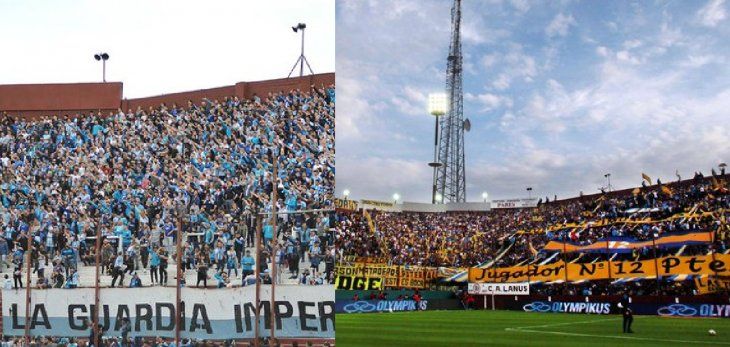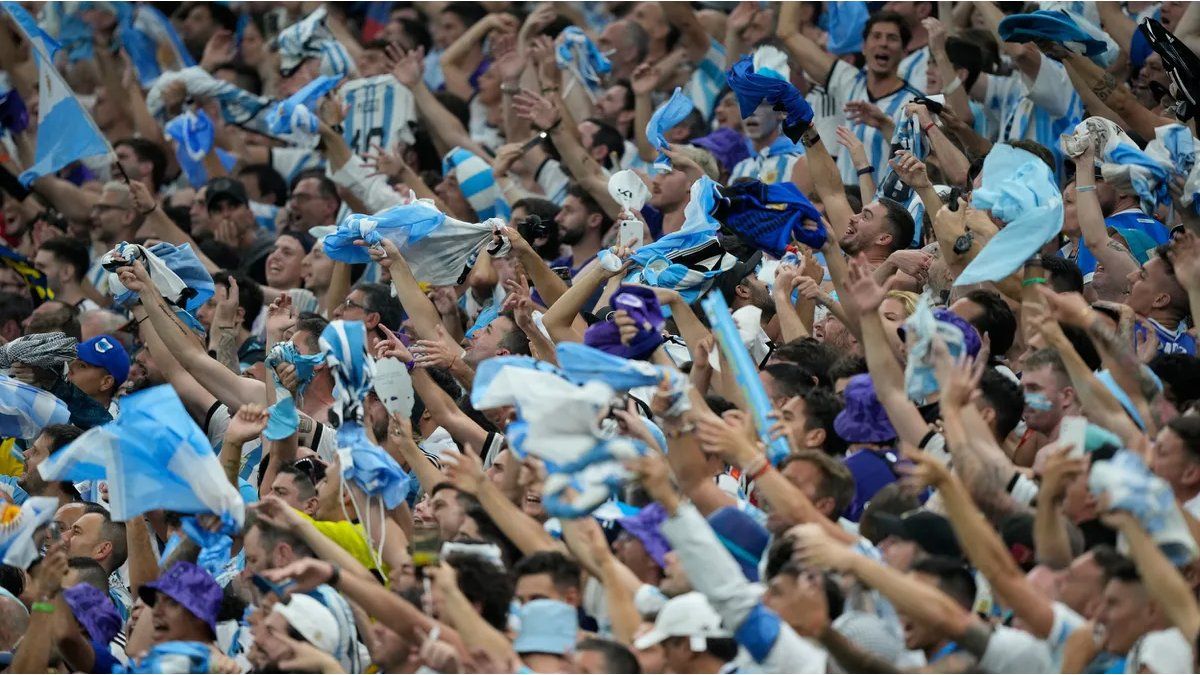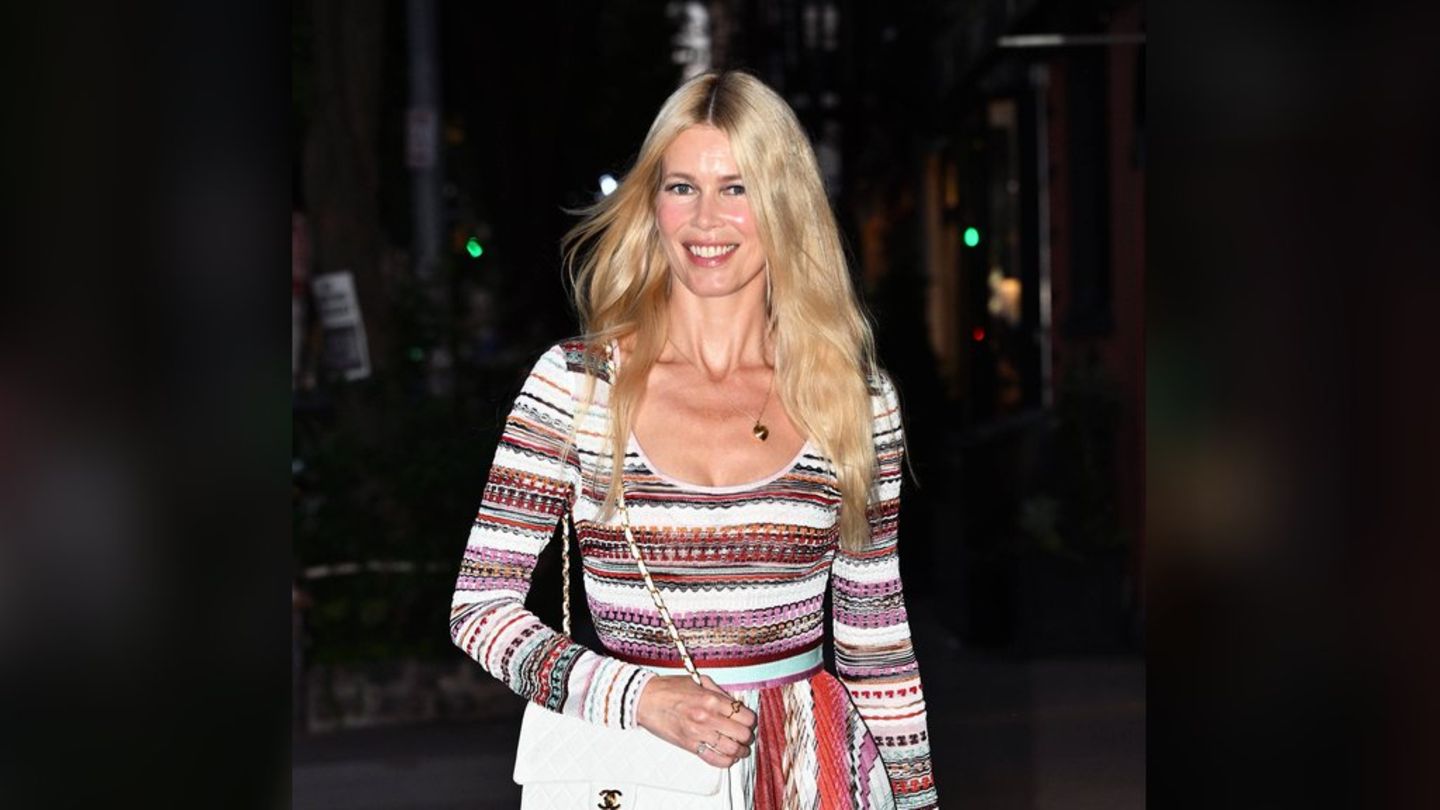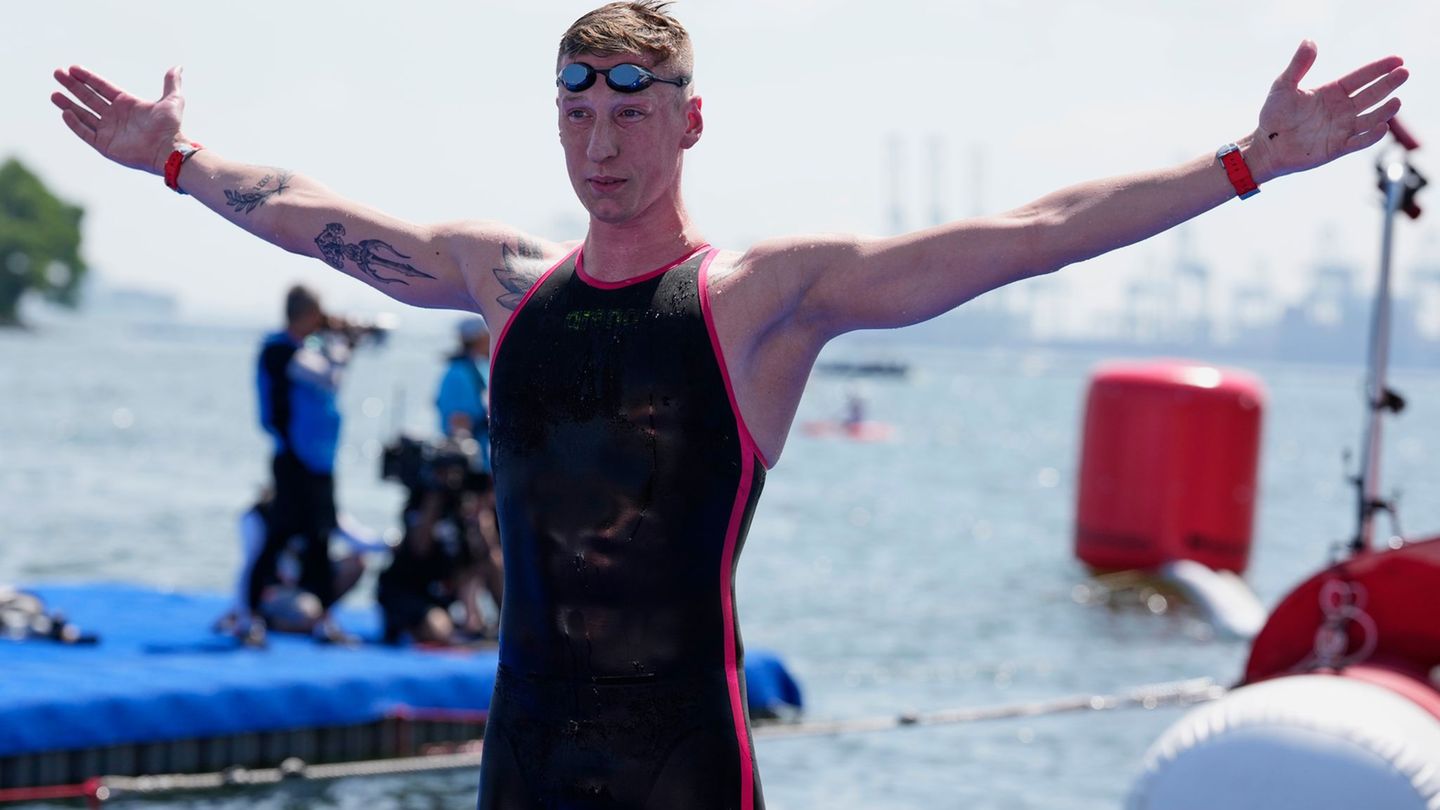If we do the exercise of thinking about the soccer and their figures, surely the first names that come to mind are the same: Maradona, Pelé, Messi, Cruyff or any of the Ronaldo They will be the ones who top the ranking of fame, but few people (if not anyone) will know or name them. Justin Fashanu. From Grow-gender and work we take advantage of this date to rethink ourselves as a societyparticularly from masculinities.
There is always a beginning
The English player was in the first level of world footballbut his career began to decline due to persecution and the teasing from the coach Brian Cloughwho removed him from the squad due to rumors about his sexual life. In 1990, Fashanu was the first footballer to publicly declare himself gay. The pressure from society and the rejection he suffered led him to commit suicide in 1998. Since that year, on February 19, he is considered the International Day against Homophobia in Football.
justin-fashanu.jpg
“Look, look, look, take a photo…”
Talk about homophobia in football is to be good. The expressions, from all the sectors that make up them, are homo-hating. The abuse are disguised as songs, or are expressed directly, and this is justified as folklore. Look for denigrate the rivalfeminizing another person or talking about a homosexual desire is not folklore, it is hate.
as a brand Georgina Sticcodirector and co-founder of Grow-gender and work, “the important thing is not to know the emotional sexual orientation of those who play, but to ask ourselves if whoever participates in this activity feels safe to tell, if you want. Let it not be him fear of discrimination in your soccer leagueor to mistreatment of colleaguesof the swollenwhich prevents it from expressing itself freely.”
Argentine soccer fans.jpg

The songs have that conditioning component. If we are singing that he who loses is a whore, it is difficult to imagine that a man would want to talk about his desire. Because the masculinity it’s not just beIt is also not to beis to differentiate oneself, is to boast of being part of a privileged circle that responds to sociocultural expectations, but it is also to become a member of a jury that punishes the different.
There is a point where the masculinityhaving to be all the time proving that We are men as the mandates mark us. And at this point we focus on the language of the tribune, refuge par excellence of masculinity and fertile ground for the necessary construction of a less masculine otherness.
swollen racing mouth in lanus.jpg

Is there a way?
From Grow-gender and work, in recent years we have carried out several devices with men in which we propose rethink modes of socialization. In them, we find resistorsnot only to the advances of the gender agendabut also to the loss of “sacred” placesand the basketball court represents one of those spaces.
The tribunes and the homosociality (the tendency to socialize more among men in order to belong) feed each other. We find, in most conversations, and we see it in the streets and fields, that the first insult to denigrate a man is “puto”, in a tribune context. This is justified by the fact that it is only a matter of color, folklore, and not an action of hate, that they “do not mind who they kiss”, mind you, they clarify “as long as I do not see them.”
In all areas, but especially in the soccerhe discipline It is more current than ever, and adopts various invisible ways to enter culture through common sense. Take advantage of changes, such as the slow hierarchization of Women’s Football or recent cases of Josh Cavalho and Jakub Janktowho made public their sexual orientationit is crucial to begin disassembling the normative male reproductive system.
By Marcelo Vallejos and Gonzalo Escalante. Masculinities team. Grow-gender and work.-
Source: Ambito
David William is a talented author who has made a name for himself in the world of writing. He is a professional author who writes on a wide range of topics, from general interest to opinion news. David is currently working as a writer at 24 hours worlds where he brings his unique perspective and in-depth research to his articles, making them both informative and engaging.




